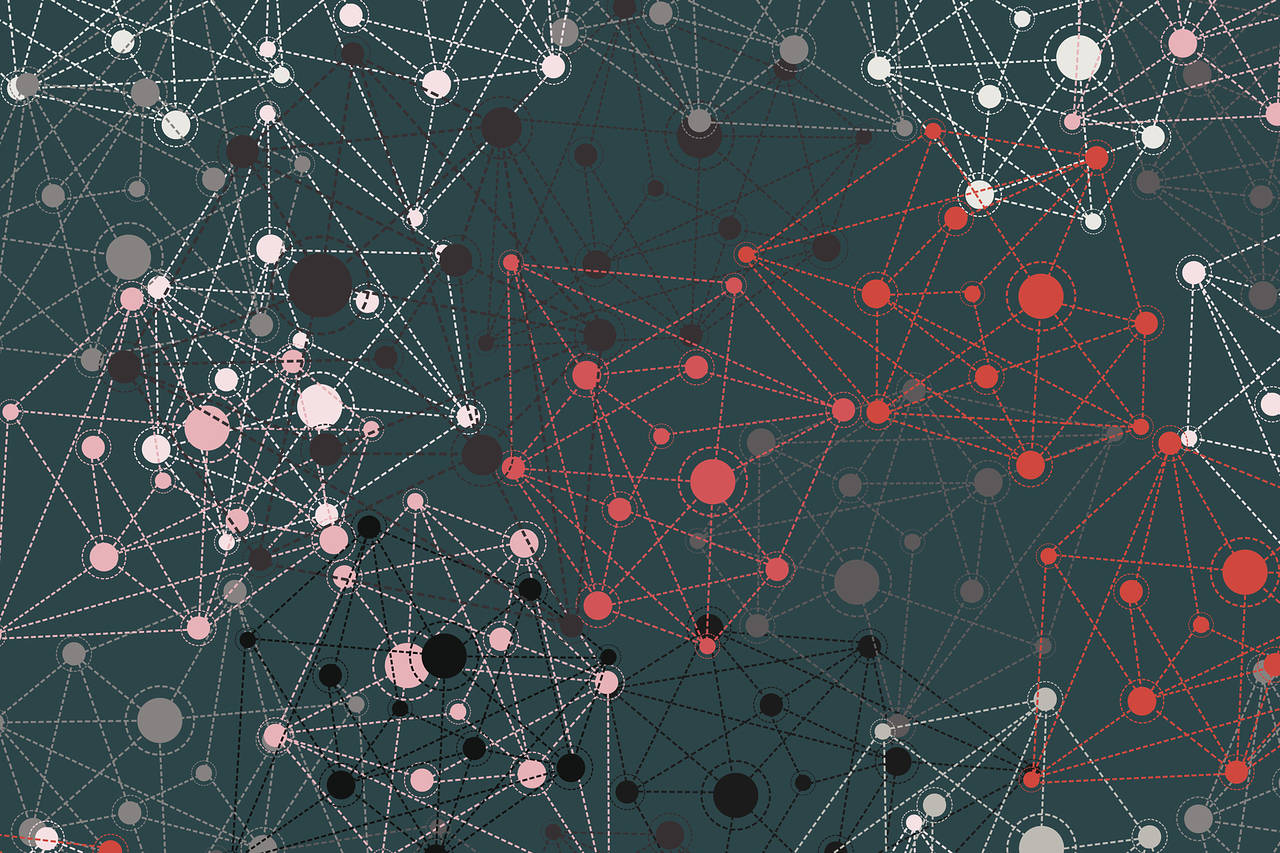Colleges and universities are jumping on the digital credential bandwagon in mass. Increasingly,they understand that verifiable digital credentials provide numerous benefits for both schools and their students. It's a space that is growing quickly and will only continue to do so. Digital credentialing presents graduates and universities with new opportunities – from marketing to students to continue their educational studies to working with graduates to get documentation where it needs to be in short order. So, what are digital credentials? At a basic level, they include both digital badges and digital certificates. Digital certificates represent a more major accomplishment, while digital badges are issued for smaller-level accomplishments, such as the completion of a project or course.
They can also be issued for successes with organizations, awards, significant extra-curricular activities, and so forth. In fact, digital credentialing, when done properly, ensures that the information contained in the certificates is validated, true, and secure.For educational institutions, digital credentials automate the process of recording student achievements and milestones. They are especially helpful in maintaining, tracking and managing credentials over time. More importantly, they drastically reduce the risk of identity fraud, they streamline processes, enable organizations to distribute records safely, and reduce costs. And they help colleges and universities, especially those that offer online programs, stay competitive, according to one recent report. The report notes that credentials are an increasingly popular option for learners, and that universities that don't provide them to students could lose ground to non-traditional and more tech-savvy organizations. They are perhaps even more important to students. Not only do they allow students to more easily view and manage their own credentials, but they can update them throughout their entire career, never needing to write a cv or resume again because the data is all stored in one central location and already populated. In addition, the report found that traditional transcripts are not serving students and the workforce because they don’t connect student’s capabilities with workforce needs.These "alternative digital credentials" enable universities to award micro-credentials—smaller chunks of accomplishments, such as projects or tests—that can help students improve career options. What's more, a report from the Association of American Colleges and Universities found that 80 percent of hiring managers preferred digital portfolios when evaluating recent graduates.
Only 48 percent of hiring managers said they found traditional academic transcripts useful. Blockchain—basically a time-stamped digital ledger of transactions that becomes permanent,transparent and searchable—is a natural basis for digital certificates. With this technology,digital certificates become instantly verifiable anywhere in the world. In fact, it is the most comprehensive global solution for recognizing skills, capabilities, and achievements, reaching everywhere learning takes place and skills are assessed.Blockchain improves the digital certificate process significantly over previous methods. The traditional way of confirming the authenticity of a credential is through a conventional spreadsheet-based digital record system. This is manual, time-consuming and costly. And if the issuing organization ceases to exist, records are lost and unverifiable. According to one report, blockchain will effectively end paper-based certificates, such as paper transcripts. It will also automate the process of transferring credits, increasing learner ownership and control over their own data.
The future is clear: it's an inherently digital world, and it's getting more digitally enabled every day. Colleges and universities that haven't hopped on the digital credential bandwagon are already behind the curve. They teach it in classes…not it’s time to put those lessons to work for themselves.

